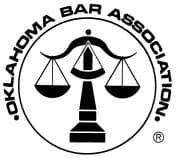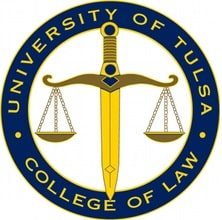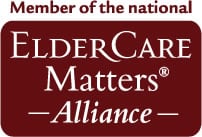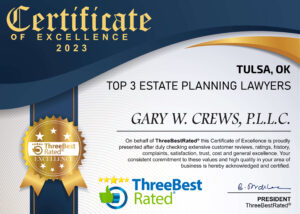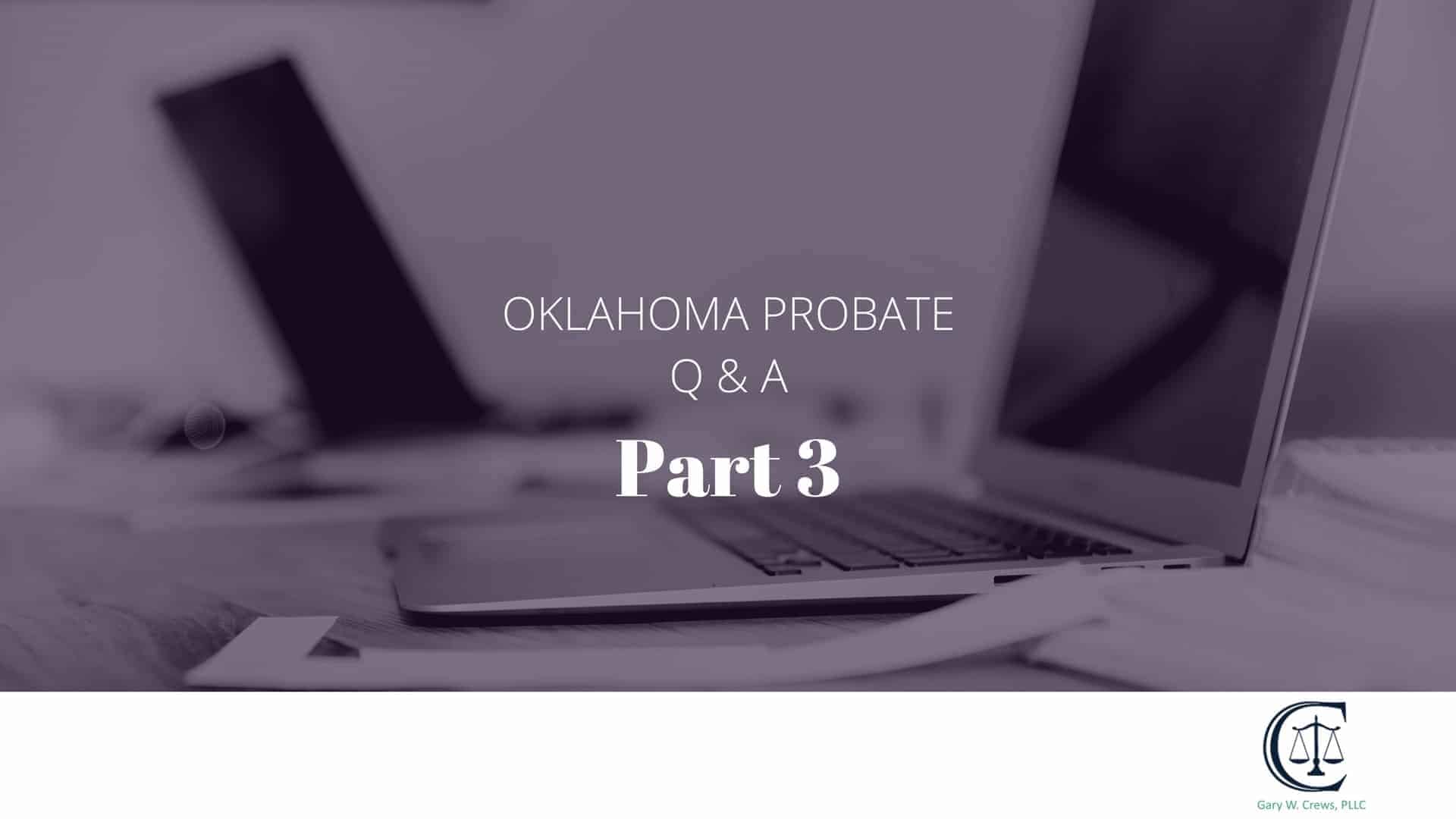
12 Apr Oklahoma Probate Law Q & A Part 3
For clients whose loved one has passed away, dealing with the deceased person’s personal affairs, real estate and other property can be quite a challenge. Even though the picture of what it means to probate an estate is painted as something to be avoided at all costs, this is not necessarily the case.
In part 1 of this series, we gave you a basic understanding of probate law. In part 2, you learned more about the process of probate and what that looks like for you. Learn more now through the final nine questions and answers. Here’s Part 3 of our Oklahoma Probate Law Q & A series
15. Will the estate have to pay estate tax?
This depends on the size of the estate, and the nature and extent of any estate planning that was done. Oklahoma does not have an estate tax. If everything is left to a surviving spouse, there is no estate tax because of an unlimited marital deduction allowed by the IRS. Estate tax returns must be filed even though no tax is due. If the decedent was not married and the estate exceeds $5,600,000, estate taxes are paid to the federal government (as of 2018).
16. How do I locate assets?
The PR will typically locate assets by going through the decedent’s personal records and mail, a review of the past two years of income tax returns, and a review of canceled checks for the past year. You can also locate assets by talking to the decedent’s accountant, financial planner, stockbroker, or attorney who may be familiar with the decedent’s financial affairs.
17. How are assets valued?
All assets owned by the decedent as of the date of death are valued at fair market value. Therefore, many assets like real estate, closely held family businesses, antiques, and collections need to be appraised by a professional appraiser. Stocks and bonds are evaluated by looking at the stock market on the date of death. Bank accounts and certificates of deposit are determined by looking at the balance as of the date of death.
18. How is life insurance collected?
Life insurance is collected by contacting the insurance company who held the life insurance policy. The insurance company will send a claim form which must be filled out and signed by the PR or designated beneficiary. The claim form must be returned with the insurance policy and a certified copy of the death certificate.
19. How retirement accounts are collected and are they taxable?
Retirement accounts are not part of the probate estate unless the decedent failed to designate a beneficiary and are paid directly to the named beneficiary outside of probate. Retirement accounts are subject to both estate taxes and income taxes. Because the beneficiary may be entitled to delay the payment of income tax, it is extremely important to consult with your attorney before you withdraw any money from the retirement account.
20. How do I Avoid a Prolonged Probate?
Probate often cannot be avoided such as the example of certain real estate above. However, long drawn out probates can be avoided by careful planning by the property owner before death. These means having a properly drawn up will and perhaps also a trust. Certain types of probate-avoidance techniques are allowed in the law. These include transfer on death deeds for real estate, or putting some or all of property in a trust which does not die. In a trust a living trustee is giving ownership with a set of instructions. The trustee then does what they are told to do after the owner dies without probate. This often does not work perfectly however, which means that some of the property may still need to be probated.
21. Whats a Will Contest?
Disputes can arise because family members are unhappy with the deceased’s estate plan. Death can cause old family tensions to resurface causing disputes over insignificant family property. A beneficiary may contest the validity of a will’s construction. If someone who could take under the will protests the division of property, you must probate the will. All challenges are handled in probate court.
22. What happens if the decedent owned real estate in another state?
In addition to a probate administration in the state in which the decedent resided, an ancillary probate administration will also need to occur in any other state in which the decedent owned real estate, or oil and gas interests.
23. What if the Decedent was the victim of a Wrongful Death Action.
If a decedent died under circumstances giving rise to a claim for wrongful death, a probate estate will need to be opened to pursue the claim. This is true even though the wrongful death proceeds are not distributable in accordance with a decedent’s will or generally subject to the claims of most creditors.
Conclusion
Each estate and family situation is unique. Most people faced with handling the estate of a loved one have not done so before. It is best to work with an attorney familiar with the process to guide you through. If you do not, the process will take longer, you may frustrate the Probate Court, and you will likely make mistakes. You can reduce stress and the burden placed on you, by finding the right attorney to work with. We at Gary W. Crews, PLLC are experienced in Probates.
If you are the Personal Representative, you likely take this role very seriously and realize that gathering the estate assets, paying the creditors, and dividing up all the property and money, down to the last detail is important to the family and family relationships. This is true whether the estate is large or small. Although the deceased person is gone, the family must continue to live together and get along. Your attorney should be sensitive to this also, along with the legal requirements and nuances.
I will be happy to talk with you about how to handle an estate after death and planning for these issues in advance. Please contact me at 918-493-3360 today!
THIS DOCUMENT IS NOT LEGAL ADVICE AND MAY NOT BE DEEMED TO BE LEGAL ADVICE. IT DEALS ONLY WITH THE MATERIAL SPECIFICALLY DISCUSSED HERE. YOUR SITUATION WILL BE BASED ON YOUR OWN FACTS AND CIRCUMSTANCES. YOU ARE ENCOURAGED TO SEEK THE ASSISTANCE OF YOUR OWN LEGAL COUNSEL AND TAX ADVISOR.



